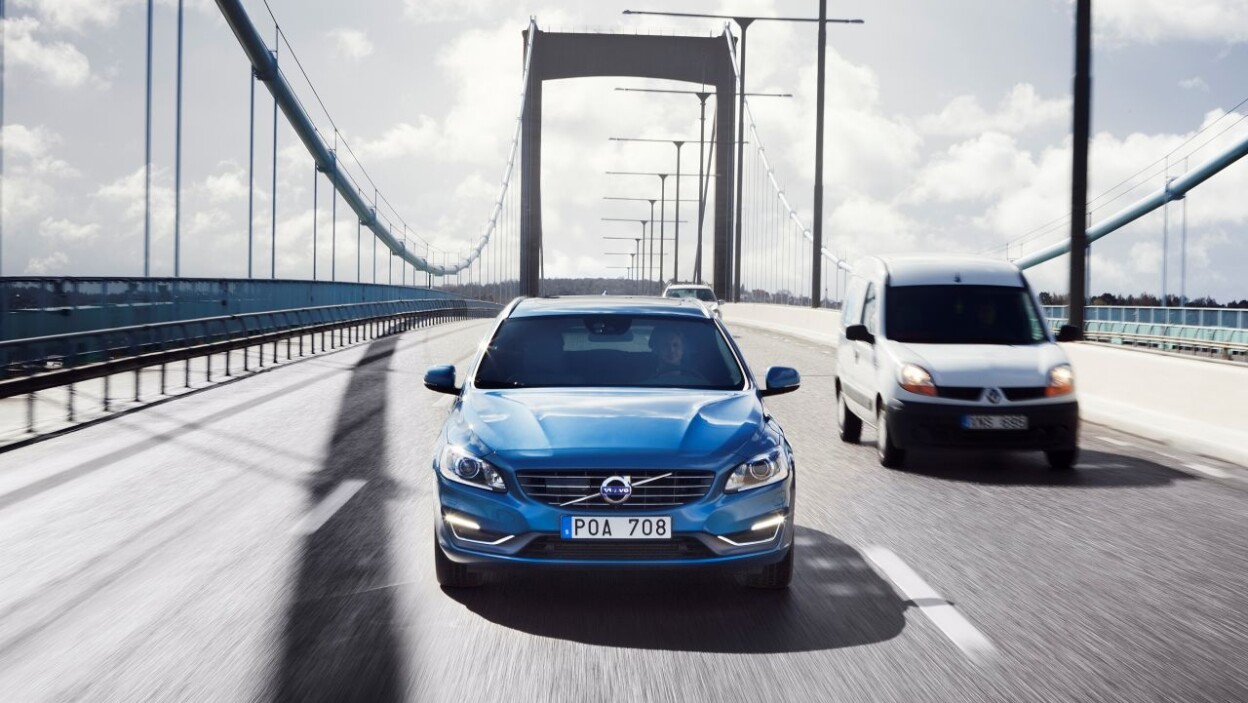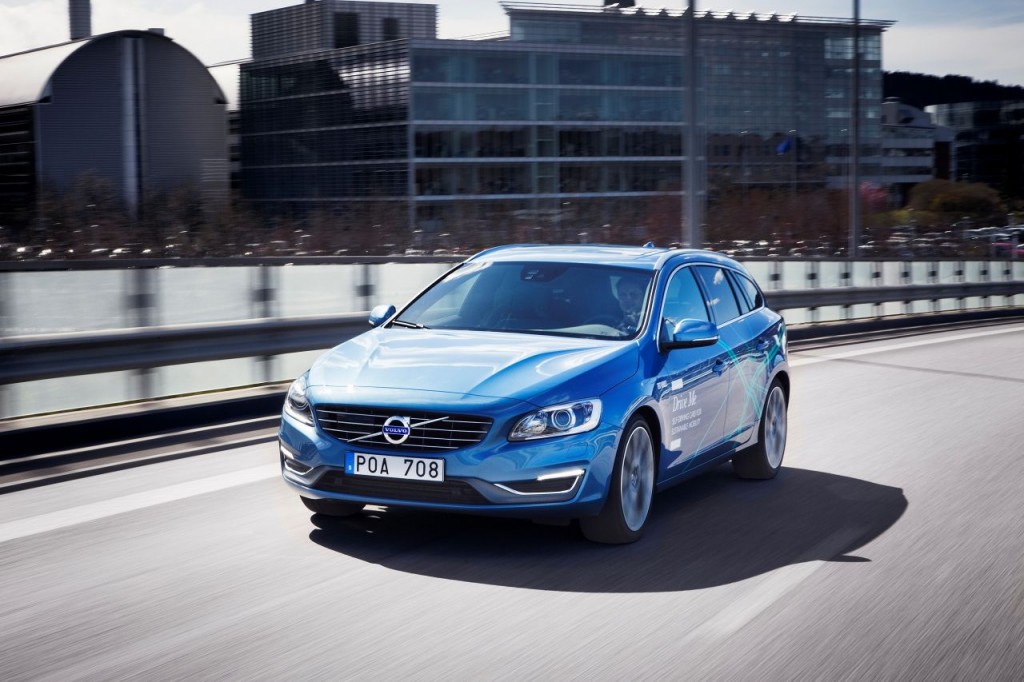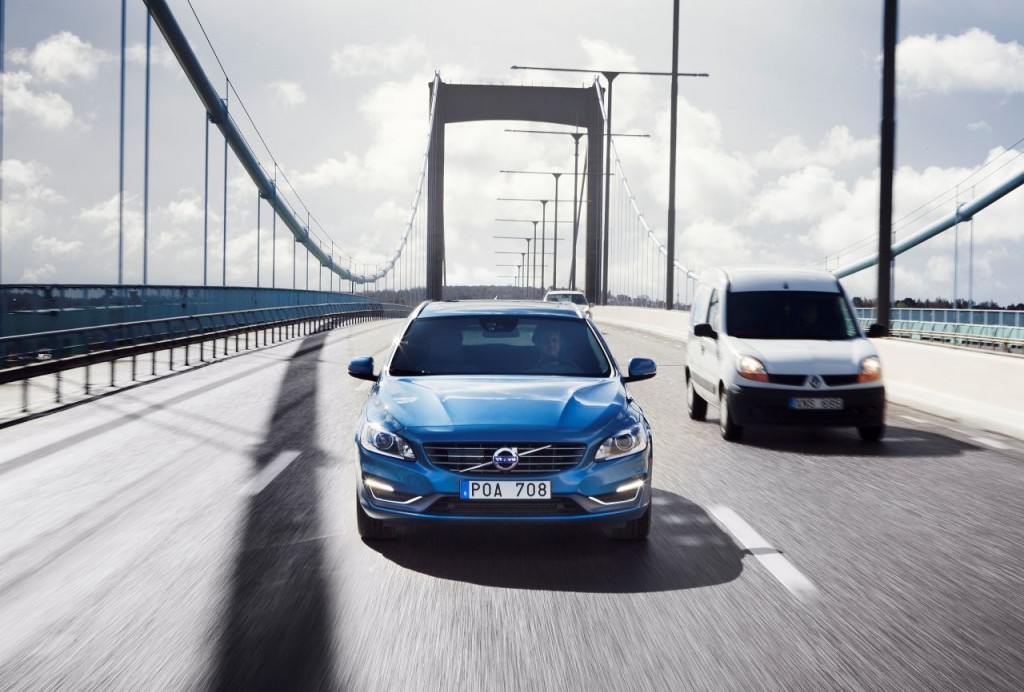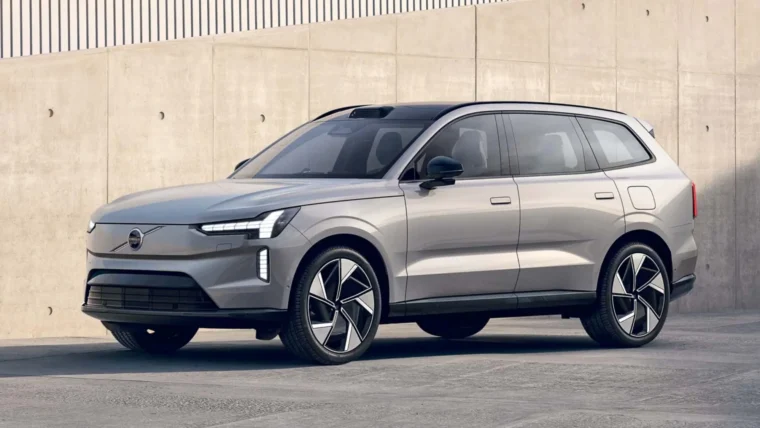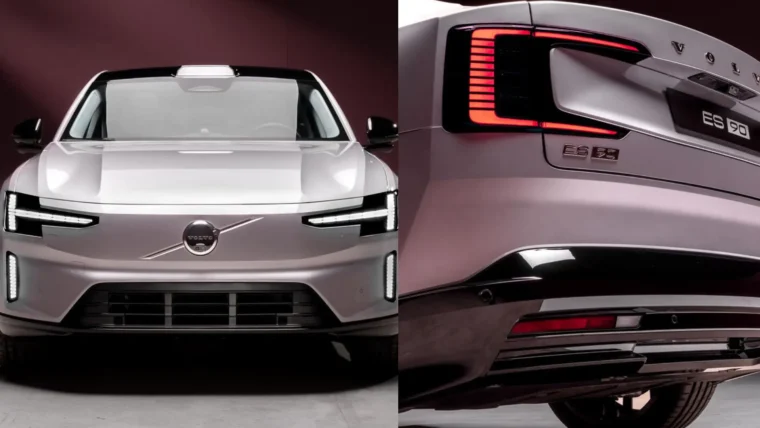Volvo Car Group’s groundbreaking project ‘Drive Me’ – featuring 100 self-driving Volvos on public roads in everyday driving conditions – is moving forward rapidly. The first test cars are already rolling around the Swedish city of Gothenburg and the sophisticated Autopilot technology is performing well.
“The test cars are now able to handle lane following, speed adaption and merging traffic all by themselves. This is an important step towards our aim that the final ‘Drive Me’ cars will be able to drive the whole test route in highly autonomous mode. The technology, which will be called Autopilot, enables the driver to hand over the driving to the vehicle, which takes care of all driving functions,” says Erik Coelingh, Technical Specialist at Volvo Car Group.
What makes the ‘Drive Me’ project unique is that it involves all the key players: legislators, transport authorities, a major city, a vehicle manufacturer and real customers. The customers will drive the 100 cars in everyday driving conditions on approximately 50 kilometres of selected roads in and around Gothenburg. These roads are typical commuter arteries, including motorway conditions and frequent queues.
“That Volvo Cars’ hometown Gothenburg becomes the world’s first arena for self-driving cars in everyday driving conditions demonstrates both our technological leadership and Sweden’s dedication to pioneering the integration of self-driving vehicles,” says Erik Coelingh.
Joint initiative
‘Drive Me – Self-driving cars for sustainable mobility’ is a joint initiative between Volvo Car Group, the Swedish Transport Administration, the Swedish Transport Agency, Lindholmen Science Park and the City of Gothenburg. The Swedish Government is endorsing the project.
“This public pilot will provide us with a valuable insight into the societal benefits of making autonomous vehicles a natural part of the traffic environment. Our smart vehicles are a key part of the solution, but a broad societal approach is vital to offer sustainable personal mobility in the future. This unique cross-functional co-operation is the key to a successful implementation of self-driving vehicles,” says Erik Coelingh.
Other posts by AF Newsdesk

